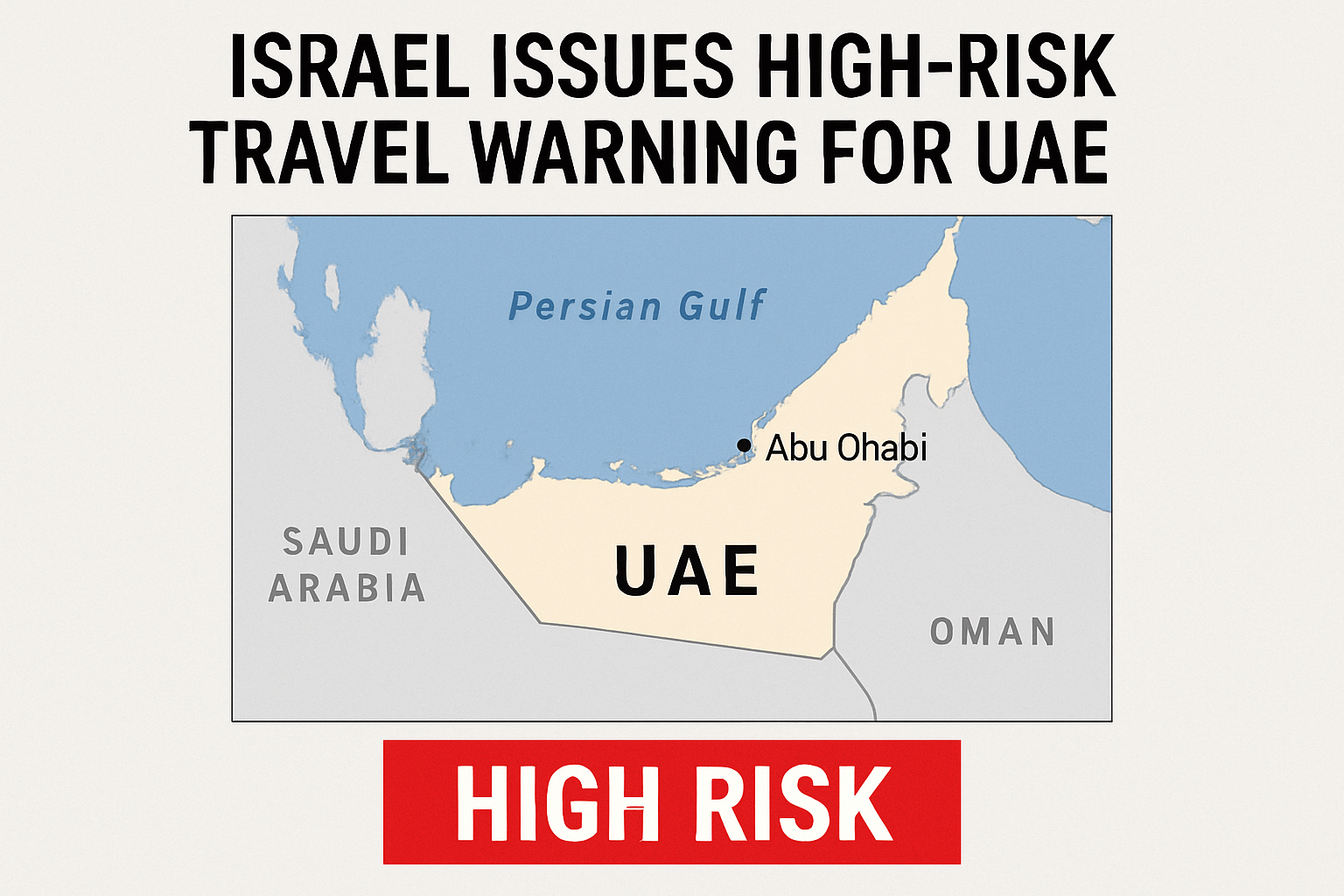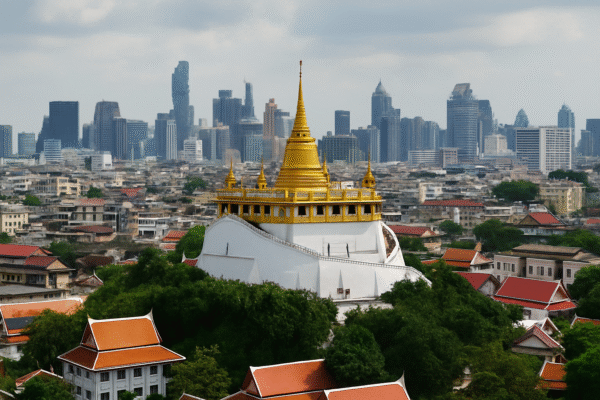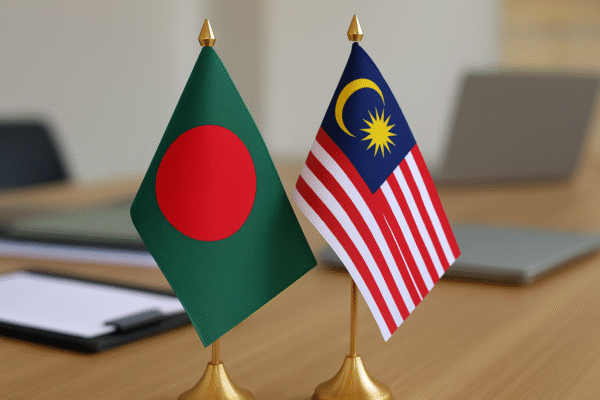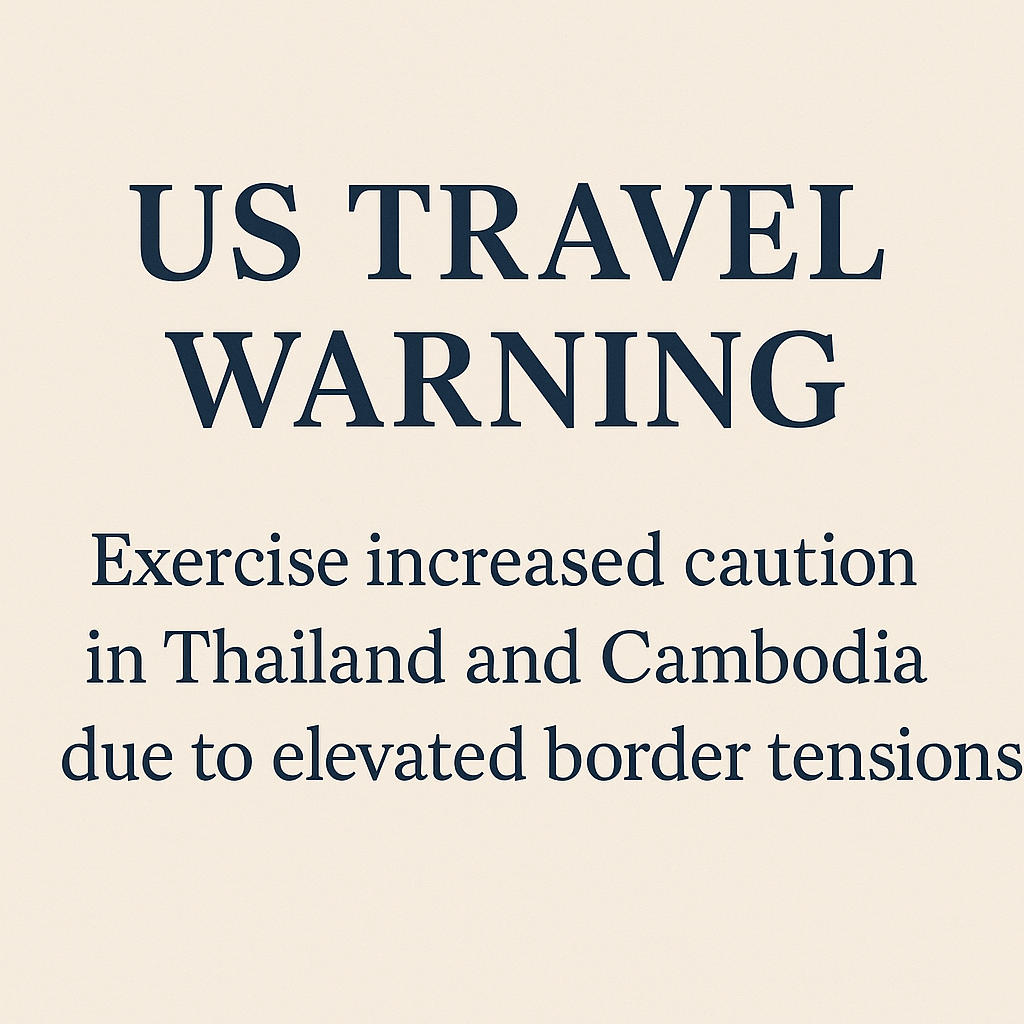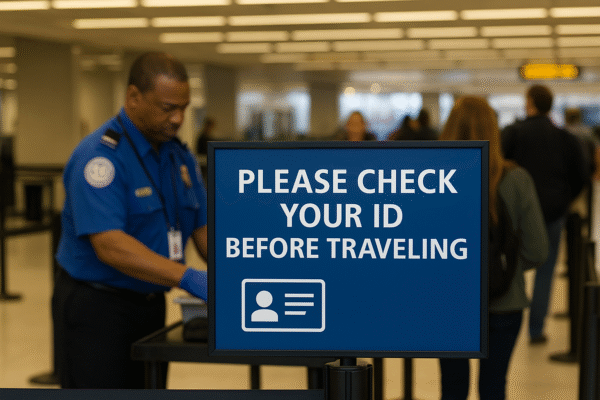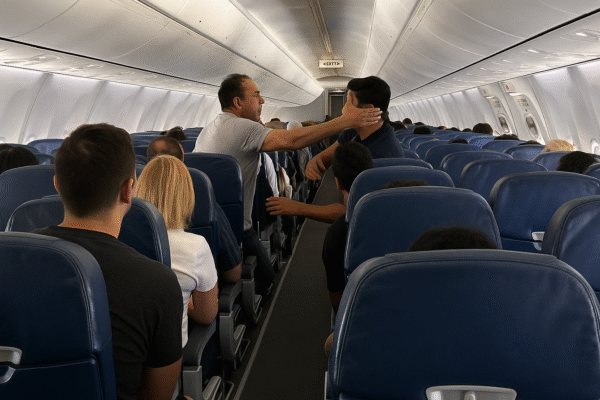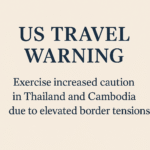In a disturbing mid-air incident that has reignited concerns about aviation safety and passenger conduct, a physical altercation broke out aboard IndiGo flight 6E138 traveling from Mumbai to Kolkata. The confrontation occurred on Friday, when a male passenger allegedly slapped another traveler in the aircraft’s aisle, sparking outrage among fellow passengers and leading to his detention by the Central Industrial Security Force (CISF) upon landing at Netaji Subhas Chandra Bose International Airport in Kolkata.
A viral video of the incident has circulated widely across social media platforms, drawing strong public reactions and prompting renewed discussions about passenger behavior, airline crew responsibilities, and the adequacy of in-flight safety protocols.
What Happened Onboard?
According to initial accounts from passengers and airline staff, the altercation occurred mid-flight when tensions escalated between two male passengers. The accused reportedly approached a flight attendant with a concern or request, the details of which remain unclear. An exchange of words with a fellow passenger followed, culminating in a physical assault. The victim, seated in the middle of the aisle row, was slapped, shocking onlookers and prompting an immediate response from the crew.
Other passengers reportedly intervened to prevent further escalation while the crew worked to restore order. Upon landing in Kolkata, the accused was handed over to the CISF for questioning and is currently under investigation.
CISF Takes Charge, Investigation Underway
The CISF, which oversees aviation security at India’s major airports, promptly detained the aggressor after the flight’s arrival. A formal inquiry has been launched to determine the nature and motive behind the attack. As of this writing, no official explanation has been released, though preliminary reports suggest the altercation was not premeditated and may have stemmed from a personal dispute or misunderstanding.
Authorities are also exploring whether alcohol consumption, substance abuse, or a mental health episode played any role—factors increasingly associated with unruly passenger behavior globally.
Legal Consequences and Aviation Regulations
India’s aviation rules treat mid-air violence with gravity. Under the Civil Aviation Requirements (CAR) for unruly passengers issued by the Directorate General of Civil Aviation (DGCA), physical assaults fall under Level 3 offenses—the highest severity—potentially leading to a flying ban for up to two years by the airline, criminal prosecution, and monetary penalties.
As per aviation law, pilots and crew must report such incidents to relevant authorities, who are then responsible for filing First Information Reports (FIRs) and initiating legal proceedings. IndiGo has confirmed that they are cooperating fully with the authorities, and the matter is being dealt with according to established procedures.
Reactions from Aviation Experts and the Public
The incident has triggered strong reactions from both the aviation industry and the public. Experts emphasize the increasing frequency of passenger misconduct as a growing concern in Indian aviation. While incidents of in-flight violence are still relatively rare, the confined space of airplane cabins and the psychological stress of flying have contributed to a rise in disruptions in recent years.
A spokesperson for a retired airline safety officer noted, “We are seeing a pattern of increased aggression in the skies. This calls for stricter screening, mental health checks, and better conflict de-escalation training for cabin crews.”
Social media users have echoed similar sentiments, demanding tougher regulations and longer flying bans for violent passengers. Many praised the quick action of the CISF and flight crew in handling the situation effectively.
Need for Improved In-Flight Conflict Management
This event also shines a light on the difficulties faced by airline staff in managing in-flight tensions. While all commercial cabin crew undergo training in conflict de-escalation and passenger engagement, the real-time management of spontaneous physical violence in a cramped cabin is complex.
IndiGo, India’s largest airline by passenger volume, has reiterated its zero-tolerance policy toward disruptive behavior. The carrier is likely to review its internal security protocols and enhance training to ensure better preparedness for handling such events.
Implications for Indian Air Travel
In the context of India’s rapidly growing aviation market, such incidents raise critical questions about passenger responsibility and system resilience. With domestic and international travel rebounding strongly in 2025, airlines are under pressure to maintain service standards while ensuring onboard security.
The Ministry of Civil Aviation and DGCA may consider tightening existing norms or introducing new guidelines requiring psychological profiling or behavioral screening, especially for high-risk passengers flagged by prior incidents.
Advice for Travelers
Passengers are reminded to:
- Maintain decorum and avoid confrontational behavior on flights.
- Report disruptive behavior to crew members immediately.
- Avoid alcohol or substances before or during the flight.
- Stay informed about aviation rules and traveler rights.
As per DGCA, passengers found guilty of violent behavior may face civil and criminal action and be placed on a no-fly list.
Conclusion
The mid-air assault on IndiGo flight 6E138 from Mumbai to Kolkata underscores the urgent need for improved in-flight security and passenger behavior management in Indian aviation. While authorities act swiftly to investigate and prosecute the assailant, this episode stands as a sobering reminder of the delicate balance between freedom of movement and safety in the skies.
As Indian aviation continues its upward trajectory, stakeholders must collectively work to foster a safer, more respectful travel environment—both for passengers and airline personnel. The aviation community, regulatory bodies, and airlines must treat this incident as a catalyst for stronger safeguards against in-flight disruptions.
For more travel news like this, keep reading Global Travel Wire




